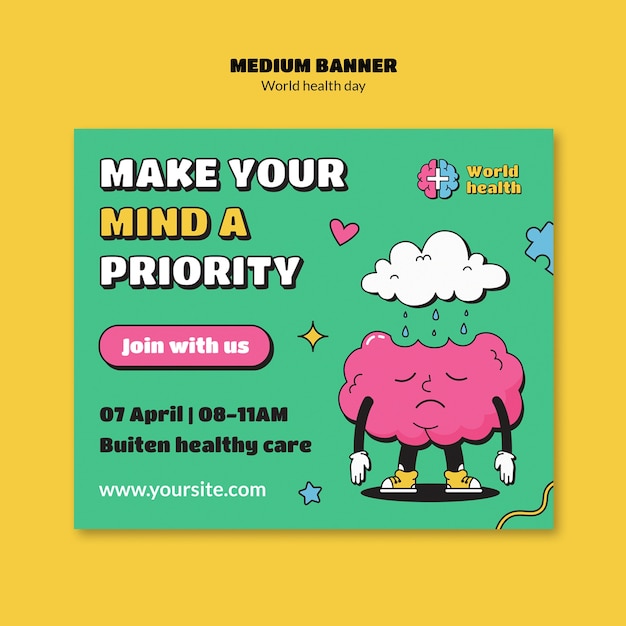

Did you know that your brain consumes about 20% of your daily calories?
The average person has over 50,000 thoughts per day.
Laughter releases endorphins, which are known as the feel-good hormones.
People tend to remember negative emotions more vividly than positive ones.
Your favorite music can significantly affect your mood and emotions.
Daydreaming is a sign of a highly creative and intelligent mind.
Studies have shown that listening to classical music can improve cognitive skills.
The brain is capable of rewiring itself through neuroplasticity.
Smiling, even if forced, can trick your brain into thinking you’re happy.
The fear of being without a mobile phone is called nomophobia.
Our brains can recognize familiar faces within a fraction of a second.
Studies have shown that the color blue can help to stimulate productivity.
Human decision-making is often influenced by emotions rather than pure logic.
Just thinking about exercising can actually make you stronger.
The Mozart effect suggests that listening to classical music can temporarily boost IQ.
Research has shown that a simple act of kindness can improve mental health.
Studies have shown that multitasking can actually decrease productivity.
Scented candles can have a calming effect on the mind.
The smell of lavender has been found to reduce stress and anxiety.
Dogs have been proven to help reduce stress and increase overall happiness.
The human brain can process images up to 60,000 times faster than text.
Playing video games can improve hand-eye coordination and problem-solving skills.
Your brain can recognize and process images faster than you can consciously perceive them.
The average person has around 70,000 thoughts per day, with around 80% of them being negative.
Studies have shown that gratitude exercises can significantly improve mental well-being.
Introverts have been found to have a higher sensitivity to stimuli, such as noise or light.
Dopamine, known as the reward molecule, is released when we experience pleasure or accomplish something.
The average person can only hold around 7 pieces of information in their working memory.
Walking barefoot on grass or sand can have a grounding effect and reduce stress.
The smell of cinnamon has been linked to improved cognitive function and memory.
People who spend more time in nature tend to have lower levels of stress and anxiety.
The brain’s prefrontal cortex, responsible for decision-making, doesn’t fully develop until around age
Studies have shown that optimistic people tend to live longer and have better overall health.
Being in nature can improve creativity and problem-solving skills.
Studies have shown that hugs increase levels of oxytocin, the love hormone.
The mere presence of a smartphone can reduce cognitive performance, even if it’s turned off.
The brain relies on social connections for overall well-being and happiness.
Having a positive outlook on life can lead to better physical health and lower risk of certain diseases.
The brain is more active during sleep than when we’re awake.
Aromatherapy using scents like lemon or rosemary can improve concentration and focus.
The average person has about 50,000 thoughts per day, and 70% of them are negative.
The placebo effect works even if you know you’re taking a placebo.
Studies have shown that spending money on experiences rather than material possessions leads to greater happiness.
The human brain is wired to be more tuned in to negative experiences as a survival mechanism.
Laughter has been found to boost the immune system and reduce stress hormones in the body.
Around the world, coffee enthusiasts enjoy Monin coffee concentrate since it is a multipurpose product. Conveniently combining…
The Importance of Choosing the Right Shower for Your Bathroom Renovating your bathroom can be…
Usain Bolt holds the record for the fastest 100-meter sprint in history.Bolt was named Sportsman…
Love is in the air... and it smells suspiciously like chocolate!Roses are red, violets are…
Life's a beach, take a picture and relax.Sun, sand, and salty kisses. That's what beach…
Hungary is home to the largest thermal water cave system in the world.The Rubik's Cube…